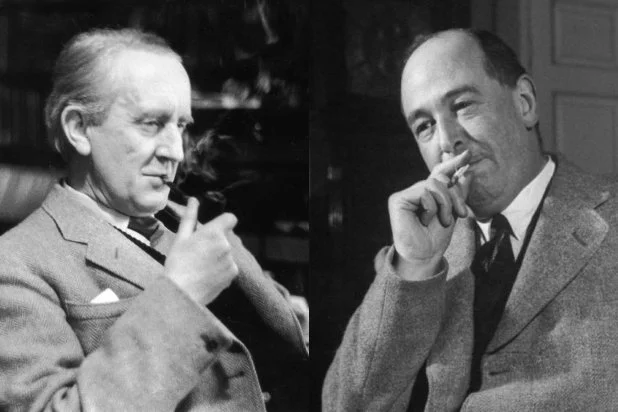
Evidence for the Empty Tomb
March 31, 2016
“Sapphira” (from the “Peter & The Holy Spirit” Series)
April 21, 2016 A man named Ananias, together with his wife Sapphira, sold a piece of property and brought the money and put it at the apostles’ feet, much the same way Barnabas had. But I can tell you it was not the same as Barnabas’ gift. I could sense there were going to be strings attached to this gift.
A man named Ananias, together with his wife Sapphira, sold a piece of property and brought the money and put it at the apostles’ feet, much the same way Barnabas had. But I can tell you it was not the same as Barnabas’ gift. I could sense there were going to be strings attached to this gift.
Ananias was not a bad man, as a matter of fact he was a good man – a very good man. He was a leader in the community, always attending our meetings, just as he had always attended temple before Pentecost. He prayed often, and did a lot of good things for the community. But I think too often just to be seen by others.
And … he was not born again, nor was his wife. Of this I was sure. The fruit of the Holy Spirit – love, joy, peace and patience – were nonexistent in him. He didn’t have the Holy Spirit so he couldn’t even begin to understand Jesus. His prayers were flowery and fancy, and I got the sense early on that he was more interested in the approval of man than God.
But as I said, Ananias wasn’t a bad man; he just had a hole inside. Instead of looking to Jesus to fill it, he looked to the approval of man. He had that “checklist” sense of religion. All his temple good works, as well as his community good works, gave him the false confidence he was good with God.
I can imagine if he stood before Jesus on Judgment Day he would be quick to list everything he had done, and among them would be selling this piece of land. He would be absolutely sure he was good enough to qualify for Heaven, and he would be absolutely wrong.
Ananias was one of those men who just did not get it, no matter how many times we taught that good works would count for nothing unless one was born again. He would nod in full agreement, even throwing out a few “Amens” and “Preach it Brothers.” But I knew he was missing it.
Ananias and his wife Sapphira, and so many “good people” like them, will say to Jesus on Judgment Day, “Lord, Lord, did we not sell our property and give some of the money to the church, and in your name drive out demons and do many good community works?”
And sadly, with the shock of their lives, Jesus will say to them, “I never knew you. Away from me, you evildoers!”
Are you certain you won’t be shocked on that Day?
Ananias was not a bad man, but he did not know Jesus. He never took the time to get to know him. All his good activities distracted him from the one and only thing of which we must all be sure: “Do I know Jesus; and even more importantly, does he know me?” Not, “Do I know about him,” but, “Do I know him, personally and intimately?” Ananias’ lack of personal knowledge and relationship with the Master is what ultimately got him in trouble.
With his wife’s full knowledge he had kept back part of the money for himself from the sale of their land, and brought the rest to us. I don’t know exactly how I knew this at the time, but I did. The Holy Spirit made it obvious to me, and he compelled me to confront Ananias.
“Ananias, how is it that Satan has so filled your heart that you have lied to the Holy Spirit and have kept for yourself some of the money you received for the land? Didn’t it belong to you before it was sold? And after it was sold, wasn’t the money at your disposal? What made you think of doing such a thing? You have not lied just to us, but you have lied to the Holy Spirit.”
I wasn’t angry with Ananias, I felt sad for him. I didn’t feel like he had lied or cheated me personally, or even our family of Believers. No, my heart was wounded because he had lied to the Holy Spirit. This Holy Spirit, who was such an intimate and very real part of our community, was whom Ananias had tried to cheat.
When Ananias heard this, he fell down and died. I was shocked and a great fear seized all who were in the room. Up to this point the Holy Spirit had been our Helper, our Counselor, and a great asset to us all. But we had not yet experienced this kind of power, and we simply did not know how to react. The man was dead, right there before us. Had I caused his death?



